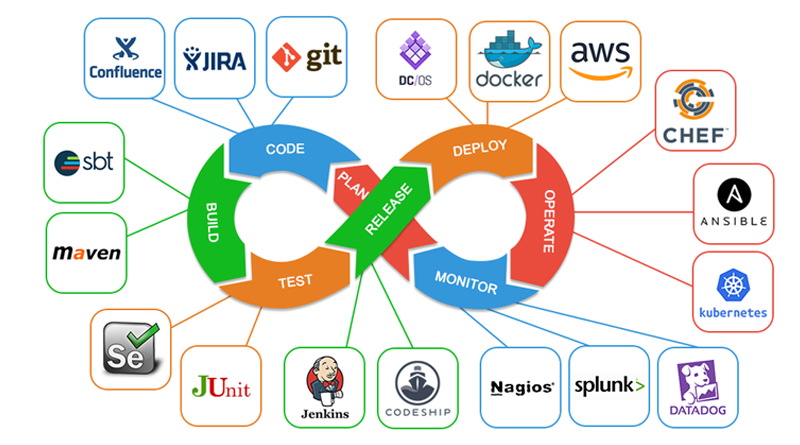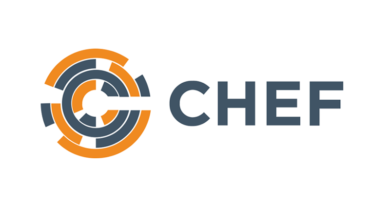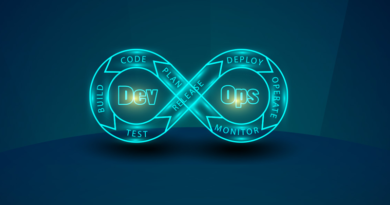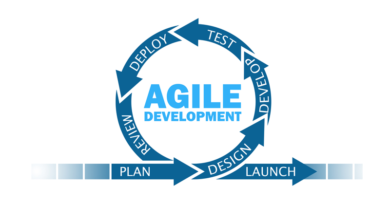Top Tools to Support DevOps Promotion Team
DevOps represents an approach to accelerate the process of moving ideas (such as new software features, extension requests, bug fixes, etc.) from development to production and making it actually available to users. In these approaches, tools is necessary for the development and operation teams to often communicate, and to work with the teammates having a common viewpoint. In addition, we need scalability and flexible provisioning capabilities.
In DevOps, by using self-service and automation, members can get the required functions. By working closely with IT operations staff, developers can build, test and release software in less time without sacrificing reliability.
In order to realize the process of DevOps in recent years, various tools supporting each process are emerging. There are also reasons for the presence of these tools in the background that the word DevOps is increasingly used.
While many tools are involved in every way in every phase of the development cycle, there is no single tool, to play a major role in each phase. Therefore, when considering the DevOps tool, it is convenient to grasp it by phase for each phase.
Any tool in the world cannot devise DevOps (or agile or lean) magically. DevOps advocates collaboration and communication between development and operations teams. It can be said that it is a cultural change, not a magical recipe. However, tools and technologies that support automation and team collaboration exist.
DevOps Automation Tools
Docker – Docker can cooperate with any IT environment and give full stack application portability. It is a tool to serve and is possible to build lightweight container type, more secure and safer applications. In addition, Enterprise Edition for enterprises will update the process of application development and production at locations operating on Windows and Linux.
Ansible – Ansible automates and simplifies IT administrator’s day-to-day operations. It enhances organizational accountability and IT compliance, improving innovation and cooperation among employees. In addition, the Tower that has advanced one step further than Ansible includes other additional functions such as control and security.
Chef – Chef is a platform to automate IT infrastructure configuration management. The Chef server is running Chef the configuration file called ‘CookBook’ is stored together with the details of each node that is in it. You can manage the operation of all the on-premises and cloud environments of your organization, and you can do a compliance audit with a single click.
GIT – Git is a version control system (VCS) tool that enables developers to speed up project management and improve efficiency. Git is a free open source, and there is a merit that anyone can use it freely. The biggest feature is the management method of the branch model, which enables the developers to create multiple local branches. One can merge, create, and delete local branches that are created according to infrastructure configuration.
Jenkins – Jenkins is also an automated server that supports the developer’s software development, deployment and automation. It can be used as a serial integration (CI) server or for continuous delivery (CD). Easy to install and configure, this platform can be customized through almost 1,000 plug-ins for almost all CI and CD utility types.
Tripwire Enterprise – Tripwire Enterprise supports DevOps, using the file integrity feature, file change detection and judgment is possible. This allows organizations to prioritize file security risks and ensure the integrity of the security configuration.
Splunk – Splunk focuses on security, data intelligence, and user behavior analysis. Splunk’s implementation is customizable and hundreds of rich applications are offered directly from Splunk and its partner companies and Splunk-based communities.
SolarWinds – SolarWinds is a tool to manage the IT environment of an organization by providing a total set of system management. It is characterized by providing about 30 different solutions, especially for network management, IT security and compliance, and cloud monitoring.
New Relic – It is used for monitoring the entire IT infrastructure. New Relic is a comprehensive tool for organizing, visualizing and evaluating data, allowing developers to build applications regardless of language or environment. Applications can be managed by dashboards and provide valuable information to decide how to optimize the organization’s technology stack.




